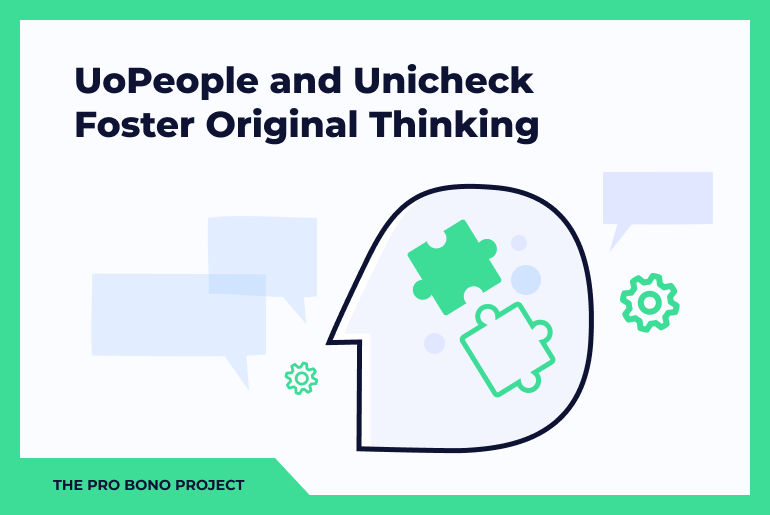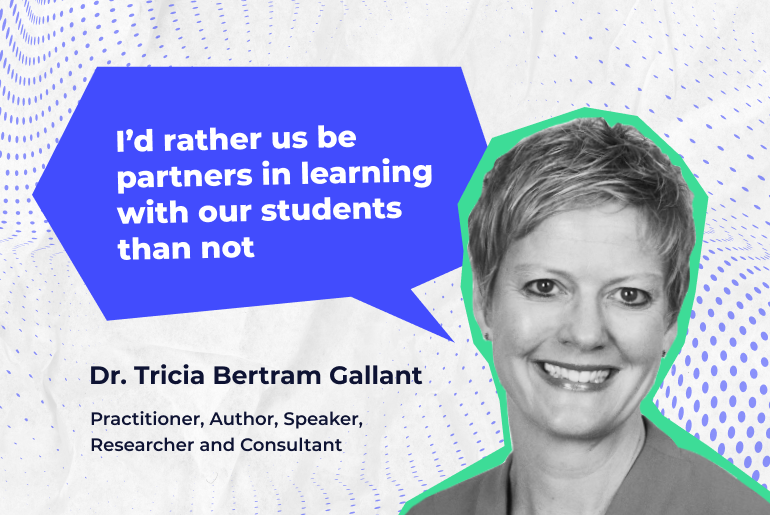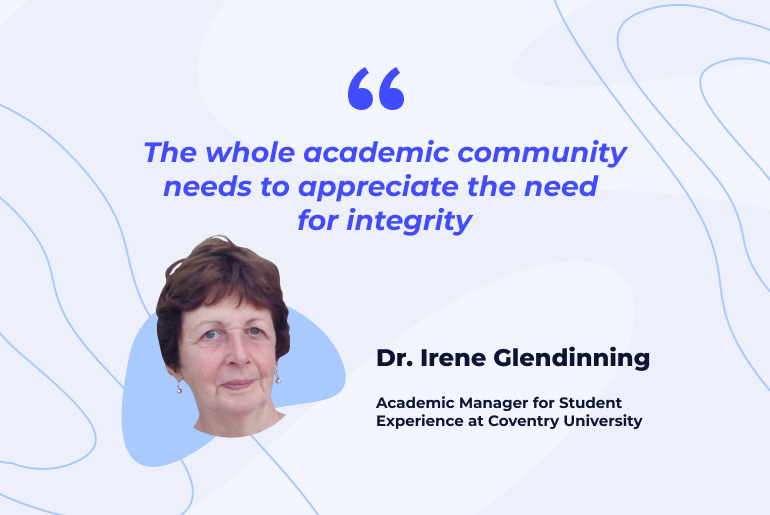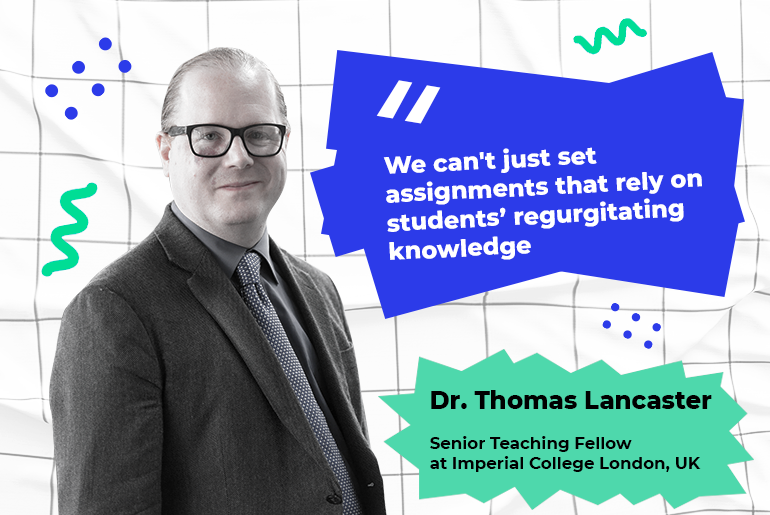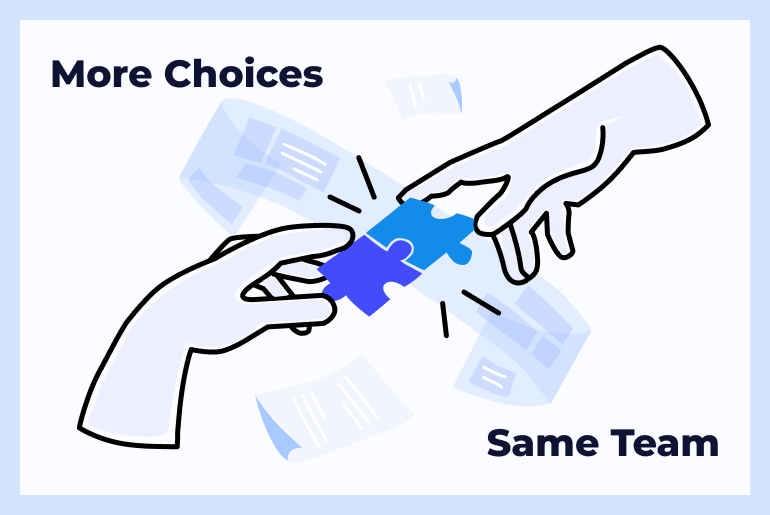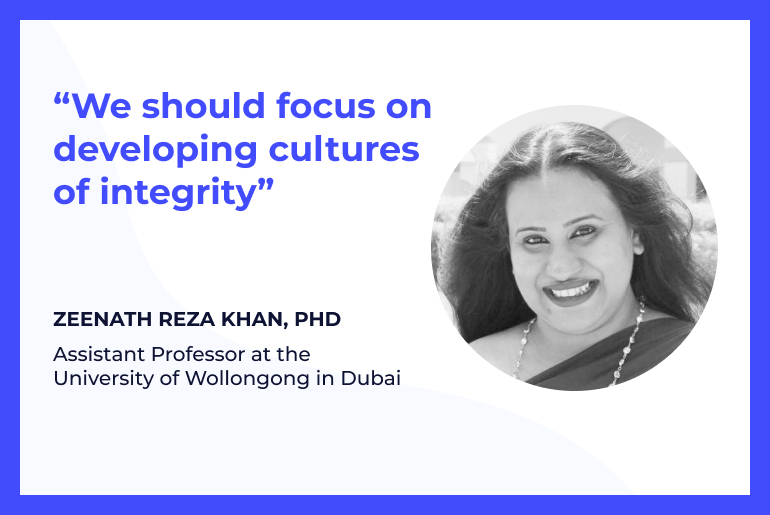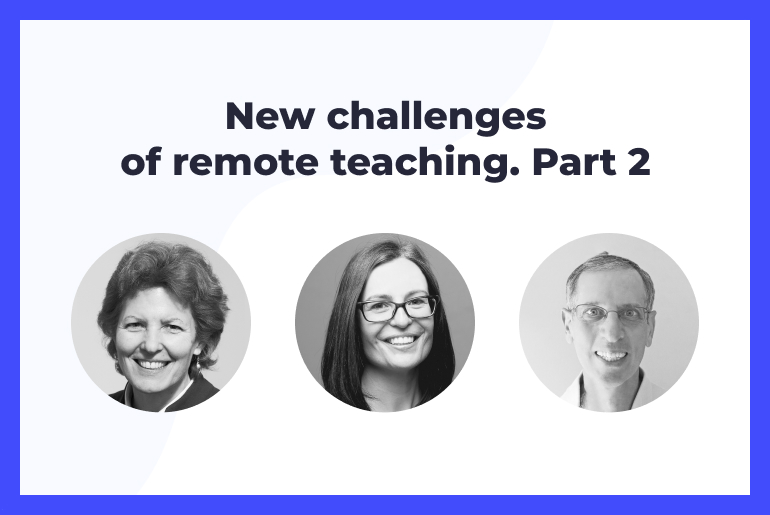What makes a successful scientist or academic? Research findings, contributions made, or a deep understanding of what’s being researched? It seems to be everything, and we know the type of person who can meet them.
For just under 20 years, Dr. Thomas Lancaster’s been studying academic integrity and how to nurture and preserve it. He’s been recognized for his strong commitment to inventing plagiarism detection methods as well as ways to avert the risks of contract cheating. His research led to him and Robert Clarke creating the first published material that emphasized the many dangers of contract cheating.
Dr. Thomas Lancaster completed a thesis, Effective and Efficient Plagiarism Detection, collaborated with international academic integrity councils, delivered multiple keynote presentations and webinars, and still initiates research and public activities with equal enthusiasm.
In our interview with Thomas, we ran through the most burning questions: how to ensure students feel educators’ support in the online environment, what may encourage and motivate them, how plagiarism detection has transformed, and a few more. Proceed to explore his observations.

